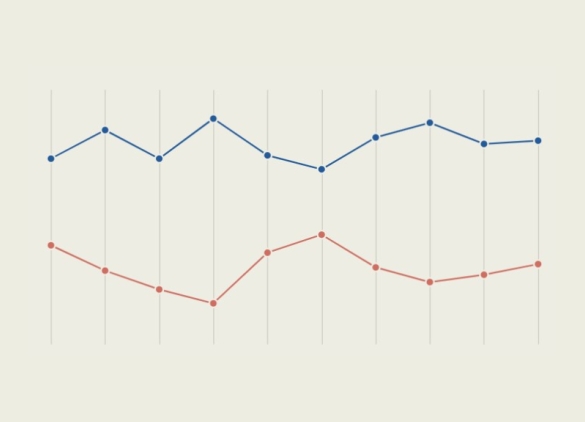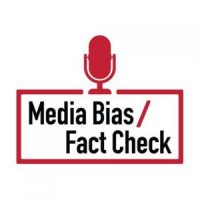Tariffs are not a direct tax on the American consumer. They are a government-imposed cost to doing business with foreign producers. They are paid directly by the importer of applicable products, typically an American company, and not the foreign producer. At extreme levels (not just the 100% level Trump has mentioned in some cases, but even at lower rates, depending on the product), the importer will simply stop bringing the product in because it will be too expensive.
If the foreign company was able and willing to sell the affected product to the importer for, say, $100 and make a reasonable profit, while the domestic distribution system (importer, transportation, warehousing, retailing, etc.), was able to also make a reasonable profit with that core cost of $100, the entire scenario breaks down if the importer must suddenly pay $200.
If those foreign products are no longer imported, the American consumer demand will shift to competitive and substitute products made here in America. This demand applied to a lower supply will, in the short term, cause an increase in the price. It is not a tax on the consumer, but it is not pain-free either. Over time, some of this price increase will be tempered because American producers will increase their volumes in response to the higher price (and by extension, new jobs may be created).

